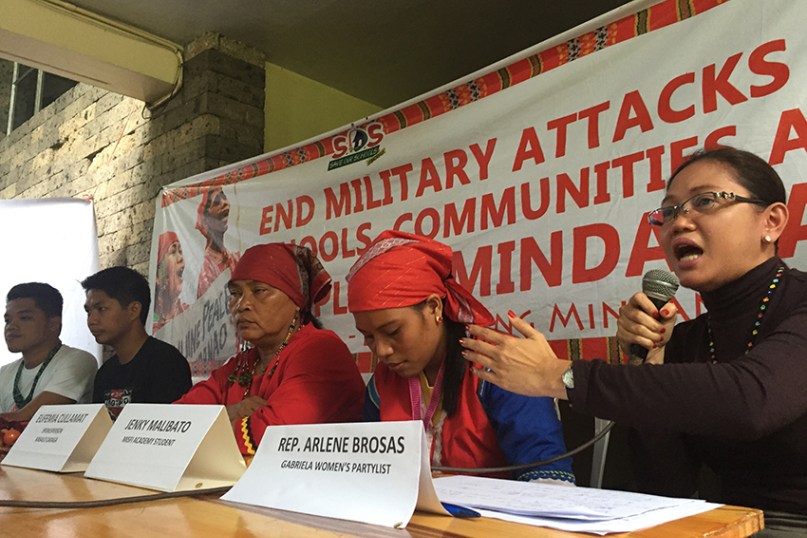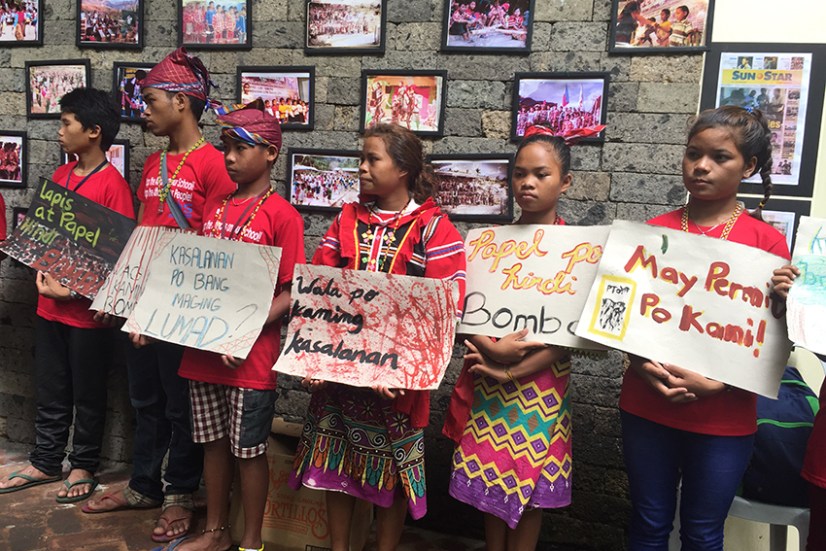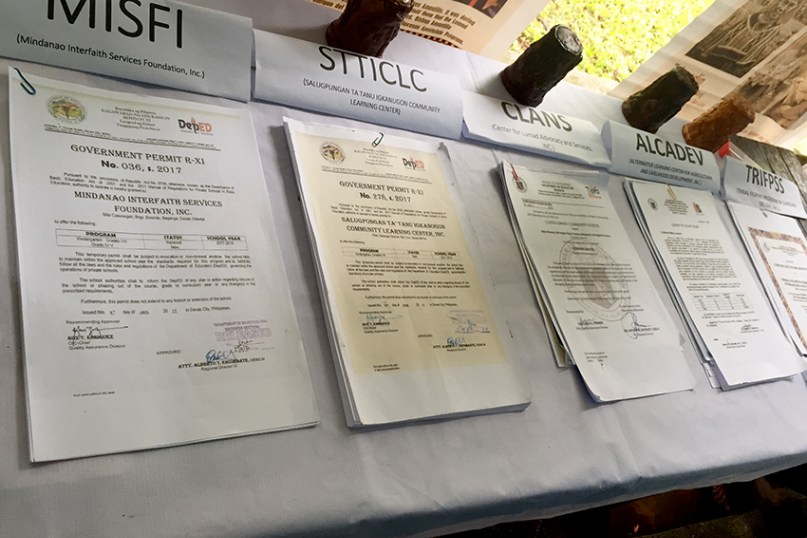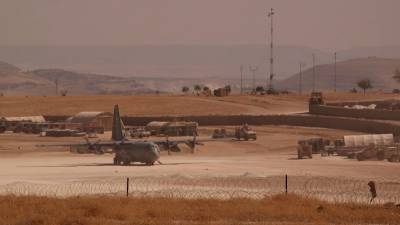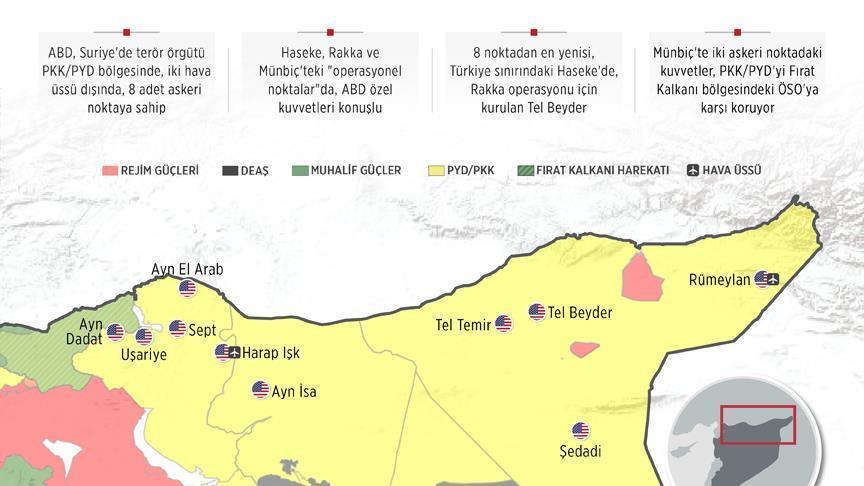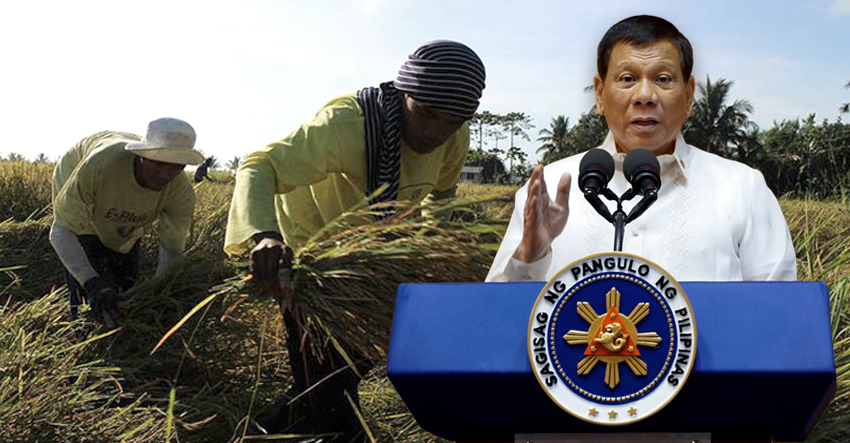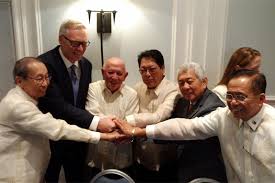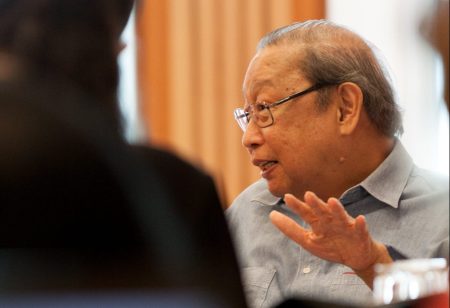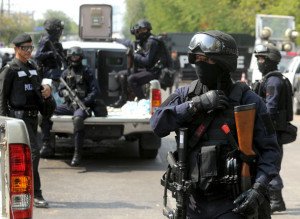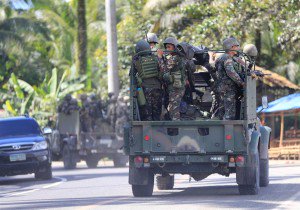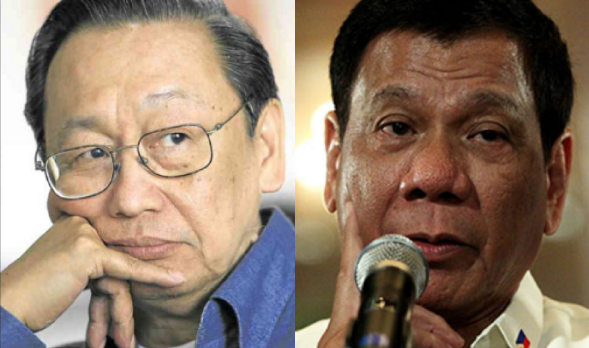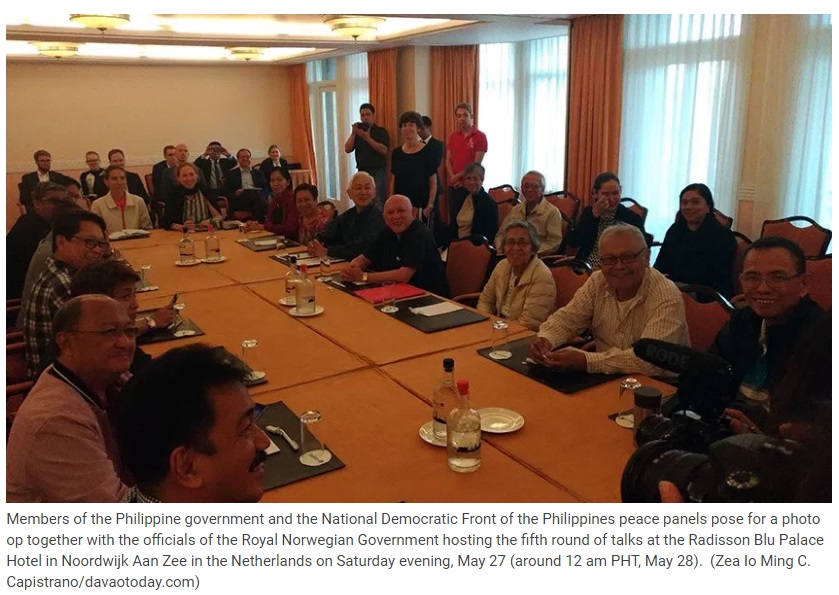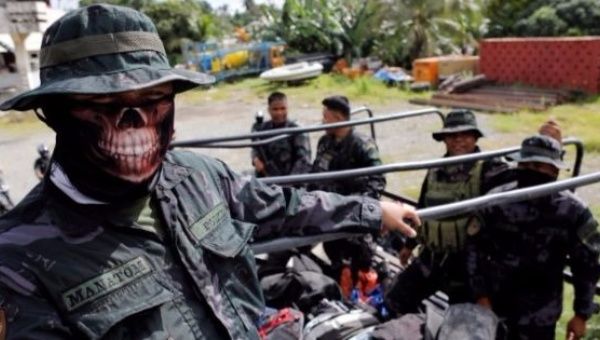“ILPS statement on the upcoming Solidarity & Fightback conference to be held at the University of Toronto, August 5-7, 2017”
http://www.ilps.info
July 2, 2017
Imperialist war and aggression is one of the biggest threats to humanity today. The protracted economic crisis of the global capitalist system is compelling imperialist states led by the U.S. to become ever more aggressive in capturing and controlling more territory as sources of raw materials and low-cost labor, as captive markets and supply routes, and as launching pads for projecting military force overseas. The re-emergence of powers such as Russia and China is also seen by the U.S. as a threat to its global hegemony.
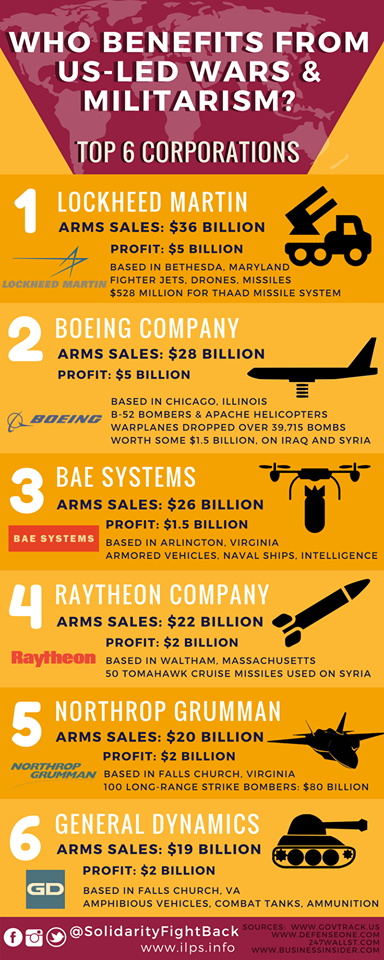 In this context, U.S.-led militarism and militarization has been escalating in recent years as evident in the rise of:
In this context, U.S.-led militarism and militarization has been escalating in recent years as evident in the rise of:
- wars of aggression, military intervention and orchestrating regime change overseas
- arms build-up and the growth of the military-industrial-financial complex
- war provocation and the expansion of the military’s global footprint (bases, security alliances, etc.)
- support for authoritarian regimes, paramilitary death squads, terrorist groups and pseudo-revolutionary groups overseas
- militarization of the civilian bureaucracy, the national budget, academic institutions, policing and repression of civil liberties
- neo-fascism, fear-mongering, xenophobia, racism and islamophobia
- rape, harassment, violence against women as weapons of war and pacification of communities
The imperialist states are also increasingly repressive within their own borders. The rise of ultra-reactionary parties and politicians such as Trump and their fascistic and xenophobic tactics against oppressed minorities and the working class are moves to consolidate ruling class power amidst an untenable balance between the worsening and burdensome economic crisis of capitalism on one hand, and the people’s resistance, particularly the working-class, on the other.
In the face of the worsening atrocities of the U.S., its imperialist allies and its proxies, more and more people are resisting the U.S. imperialist war machine and aggression. All over the world, people are protesting against the presence of US troops and bases – in Japan, Korea, the Philippines, Australia, New Zealand, Turkey, Honduras, El Salvador, even in Italy and Germany. The Palestinian people continue to resist the Zionist occupation of historic Palestine and Israel’s policy of ethnic cleansing and apartheid against the Palestinian people. The Kurdish people’s resistance, with the Kurdish women’s army at the forefront, have fought off and taken back territories from the Daesh while fighting off attacks from the fascist Turkish army. Peoples movements in the Philippines, India, Colombia, Mexico and other oppressed countries continue to wage militant and valiant struggles for national freedom and democracy. Even in the U.S. and other imperialist countries, the people are increasingly opposed to the wars that their governments are waging in their name.
In the face of grave and mounting threats posed by imperialist wars, militarization and neofascism, the ILPS recognizes the need to strengthen peoples’ calls and actions to oppose imperialist wars of aggression and intervention led by the United States and its allies. There is also an urgent need to foster and strengthen links among progressive anti-war groups in different countries, and between anti-war groups and resistance movements in oppressed countries. We need to help build a global anti-war and social justice movement that respects the right to self-determination of oppressed peoples, and supports various forms of resistance to imperialist aggression and intervention.
Objectives
The “Solidarity and Fightback: Building Resistance to US-led War, Militarism and Neofascism” conference is a gathering of anti-war and social justice activists, organizations, networks and movements from different countries who oppose wars, militarism and foreign intervention by the U.S. and other imperialist powers, and assert or support the right of oppressed peoples to self-determination, justice, liberation and peace.
This peoples’ gathering shall serve as a space for:
- raising awareness and deepening understanding of the major aspects and current trends in militarization globally, including:
-
- wars of aggression, military intervention and orchestrating regime change overseas
- arms build-up and the growth of the military-industrial-financial complex
- war provocation and the expansion of the military’s global footprint (bases, security alliances, etc.)
- support for authoritarian regimes, paramilitary death squads, terrorist groups and pseudo-revolutionary groups overseas
- militarization of the civilian bureaucracy, the national budget, academic institutions, policing and repression of civil liberties
- neo-fascism, fear-mongering, xenophobia, racism and islamophobia
- rape, harassment, violence against women as weapons of war and pacification of communities
- others
- sharing lessons from the history of peace movements
- raising awareness and support for peoples’ resistance to imperialist wars and militarism especially in countries that are targets of wars of aggression and military intervention by the U.S. and other major powers
- building solidarity links and facilitating coordinated actions among activists, organizations, networks and movements from different countries against imperialist wars, militarism and neofascism
- commemorating the bombing of Hiroshima and Nagasaki by U.S. imperialism.

